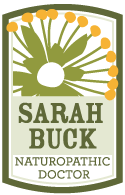Naturopathic Modalities
You will often hear naturopathic doctors speak of the modalities they use. Because we have a diverse toolkit at our disposal, many doctors will specialize in a certain modality or a handful of the modalities that resonate with them. The following list is our modality tool kit:
Botanical Medicine
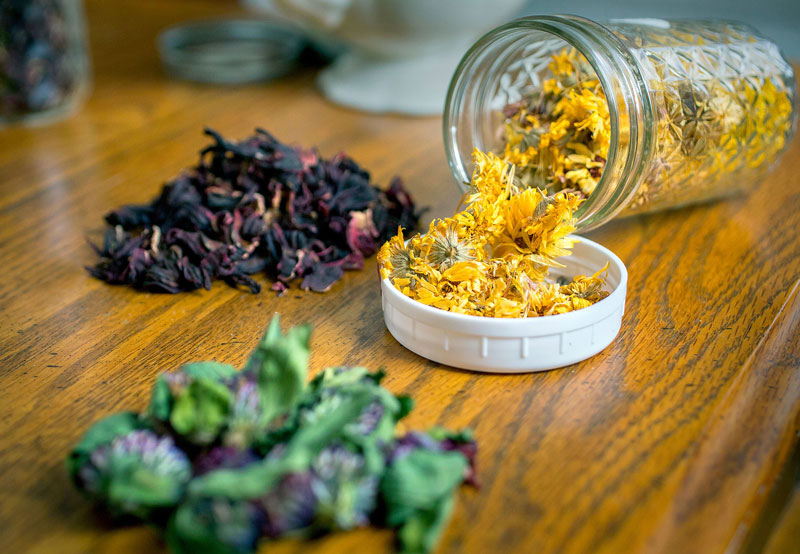 Using plants as medicine, or what many people recognize more commonly as herbalism, is Dr. Buck's greatest passion. She recognizes the interconnectedness of the plant and human world and strives to use plants in a way that harmonizes with her patients to bring about wellbeing. Botanical medicine has the capacity to be both very targeted and broad. Using standardized extracts of bioactive chemicals derived from plants is an example of targeting the biochemistry of plants to treat conditions such as arthritis for short periods of time. Alternatively, it can be very gentle and broad, such as ingesting teas of whole plants daily for many weeks to support sleep or digestive health. Plants can be used for their specific biochemistry, or for their more spiritual nature, or a combination of the two! For example, blue vervain is a lovely anxiolytic (anti-anxiety) plant. There are hundreds of plants with this action, however, the specific energetics of blue vervain indicates that it is especially useful for those with tension in the neck.
Using plants as medicine, or what many people recognize more commonly as herbalism, is Dr. Buck's greatest passion. She recognizes the interconnectedness of the plant and human world and strives to use plants in a way that harmonizes with her patients to bring about wellbeing. Botanical medicine has the capacity to be both very targeted and broad. Using standardized extracts of bioactive chemicals derived from plants is an example of targeting the biochemistry of plants to treat conditions such as arthritis for short periods of time. Alternatively, it can be very gentle and broad, such as ingesting teas of whole plants daily for many weeks to support sleep or digestive health. Plants can be used for their specific biochemistry, or for their more spiritual nature, or a combination of the two! For example, blue vervain is a lovely anxiolytic (anti-anxiety) plant. There are hundreds of plants with this action, however, the specific energetics of blue vervain indicates that it is especially useful for those with tension in the neck.
Dr. Buck feels that using plants as medicine is not simply prescribing a plant substance to replace a pharmaceutical substance to obtain a desired effect. Many times a plant could be used in this narrow way. However the wisdom of plants is that they work on many levels, and are not restricted to single constituents the way a pharmaceutical drug is. Often a plant will achieve a desired result, such as using <em>Hydrastis</em> (goldenseal) for it’s antibacterial properties, it will also tonfiy tissues, specifically the lungs and digestive tract, and make them more resilient than before taking the herb, perhaps even preventing a relapse of the original condition.
Dr. Buck mixes up teas, tinctures, and prescribes encapsulated and standardized extracts of plants, all depending on what each patient needs most at any one time.
Nutritional medicine
 Nutrition is a basic cornerstone of health. Nutritional medicine works with both whole foods, and nutritional supplements. It may be possible to survive on the Standard American Diet (SAD) for a time, but essential nutrients and even some non-nutrients are sorely lacking. Generally a focus on eating whole foods alone can turn someone’s health around. There are cases though where a deficiency is present and this is where supplemental nutrients can be added in, generally for a short time, to jump-start one’s wellness. Nutrition can be used to guide a body to preferentially use certain biochemical pathways, optimizing detoxification of hormones, or remediating gallstones, for example. The power of food is quite amazing. From the ability to boost one’s energy levels, to sorting out the underlying cause of eczema or recurring digestion issues, food and nutrition can be used with specific applications to change one’s health. Dr. Buck enjoys working with patients to discover how to use nutrition to optimize their biochemistry. Not everyone will leave an appointment on one formulaic diet, but each person’s unique circumstances will be weighed and counted to devise the most achievable, and practical nutrition plan.
Nutrition is a basic cornerstone of health. Nutritional medicine works with both whole foods, and nutritional supplements. It may be possible to survive on the Standard American Diet (SAD) for a time, but essential nutrients and even some non-nutrients are sorely lacking. Generally a focus on eating whole foods alone can turn someone’s health around. There are cases though where a deficiency is present and this is where supplemental nutrients can be added in, generally for a short time, to jump-start one’s wellness. Nutrition can be used to guide a body to preferentially use certain biochemical pathways, optimizing detoxification of hormones, or remediating gallstones, for example. The power of food is quite amazing. From the ability to boost one’s energy levels, to sorting out the underlying cause of eczema or recurring digestion issues, food and nutrition can be used with specific applications to change one’s health. Dr. Buck enjoys working with patients to discover how to use nutrition to optimize their biochemistry. Not everyone will leave an appointment on one formulaic diet, but each person’s unique circumstances will be weighed and counted to devise the most achievable, and practical nutrition plan.
Naturopathic Physical Medicine
 Includes hydrotherapy and naturopathic manipulative therapy
Includes hydrotherapy and naturopathic manipulative therapy
Naturopathic doctors are taught to assess a whole host of physical ailments of the skeletal and muscular systems. Naturopathic manipulative medicine is similar to chiropractic or osteopathic manipulation in that the training includes high and low velocity thrusts, oscillations, sustained tension techniques, among others. Training also includes the application of hydrotherapy (hot and cold compresses), the use of diathermy, ultraviolet light, low level lasers, electrotherapy and magnetic therapies, and therapeutic ultrasound.
Dr. Buck's favorite physical medicine modality is hydrotherapy. The gentle constitutional treatment has deep roots in Europe’s spa tradition, and adds value to almost any care plan. It is especially useful for patients with anxiety, digestive concerns, lowered immunity, insomnia, and circulation issues. Prescribed as a series in most cases, this can be a relaxing and restorative treatment that causes a patient to even look forward to a doctor’s visit! And it is easily taught to a loved-one, roommate, or care-taker to be done at home.
Counseling
 Naturopaths receive a basic education in counseling, and some may choose to explore it more deeply through electives. The health of the mind and the health of the body are intrinsically linked. And making the kinds of changes to lifestyle that many naturopathic doctors will ask of their patients requires that they understand how to team up with their patients to motivate permanent healthy habits.
Naturopaths receive a basic education in counseling, and some may choose to explore it more deeply through electives. The health of the mind and the health of the body are intrinsically linked. And making the kinds of changes to lifestyle that many naturopathic doctors will ask of their patients requires that they understand how to team up with their patients to motivate permanent healthy habits.
Homeopathy
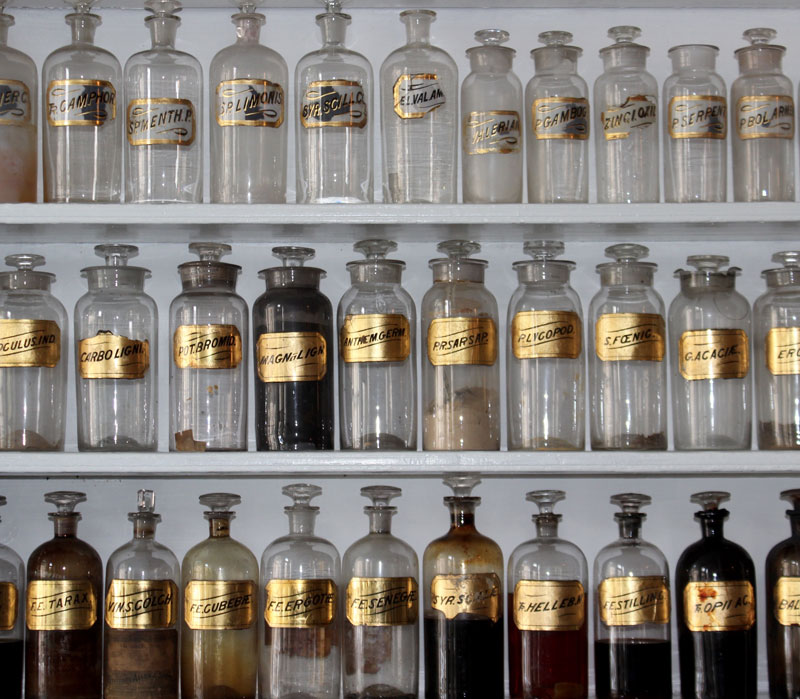 Homeopathy uses very small doses of substances to create a reaction in the body that moves the whole organism towards healing. It is based on the assumption of “like cures like”, which was first set forth by Samuel Hahnemann in the 18th century. He had noticed that the toxic “cures” of his time, the use of mercury as an antiseptic, for example, often produced predictable disease symptoms over time. And he postulated that a toxic substance producing disease symptoms could be diluted many times and given to someone who was experiencing these very same symptoms, though from a different cause. A famous example is quinine for malaria, Dr. Hahnemann found that if a healthy individual took large doses of quinine he would develop a fever, chills, and diarrhea. He tested his theory for a large number of substances, finding that toxic materials would produce symptoms that were often disease-like. He applied preparations of very dilute toxic materials to those patients who experienced symptoms similar to toxicity symptoms from the same material, and found that they became better. The kicker is that the remedy often does not contain a single molecule of the original substance, it has been diluted THAT much. Yet it still produces predictable results, often described in “provings” that professionals have conducted over the years. This is a medicine that is not always easy to wrap your head around. But trials of homeopathic medicines have been successful in treating diseases.
Homeopathy uses very small doses of substances to create a reaction in the body that moves the whole organism towards healing. It is based on the assumption of “like cures like”, which was first set forth by Samuel Hahnemann in the 18th century. He had noticed that the toxic “cures” of his time, the use of mercury as an antiseptic, for example, often produced predictable disease symptoms over time. And he postulated that a toxic substance producing disease symptoms could be diluted many times and given to someone who was experiencing these very same symptoms, though from a different cause. A famous example is quinine for malaria, Dr. Hahnemann found that if a healthy individual took large doses of quinine he would develop a fever, chills, and diarrhea. He tested his theory for a large number of substances, finding that toxic materials would produce symptoms that were often disease-like. He applied preparations of very dilute toxic materials to those patients who experienced symptoms similar to toxicity symptoms from the same material, and found that they became better. The kicker is that the remedy often does not contain a single molecule of the original substance, it has been diluted THAT much. Yet it still produces predictable results, often described in “provings” that professionals have conducted over the years. This is a medicine that is not always easy to wrap your head around. But trials of homeopathic medicines have been successful in treating diseases.
A lot of consideration goes into choosing a homeopathic remedy, and remedies are chosen based on symptoms, not diseases! Because where one person may have a flu and come down with an awful headache and want to be wrapped in warm blankets and left in the dark, another person may come down with the same flu and have bone aches and want to be outdoors, feeling worse when they are hot and indoors. Same disease, different presentation of symptoms. Homeopathy is really the epitome of personalized medicine. Dr. Buck uses some homeopathy in her practice.
Hygiene
![]()
As some of the first naturopathic doctors believed firmly in the hygienic movement of medicine, modern naturopathic doctors also believe that basic hygeine plays a fundamental role in the prevention of communicable diseases.
Public Health

A naturopathic doctor is aware of and considers health policy guidance released by local and regional public health agencies, and attempts to meet the following professional responsibilities:
o Serves as a consultation resource for other medical professionals.
o Reports diseases as required by federal, state and/or local law(s).
o Stays current with public health updates issued by the U.S. Centers for Disease Control and Prevention and State and County/City Departments of Health.
o Disseminates information in support of public health and the benefits/risks of preventive agents and screenings
o Participates actively in public health surveillance.
Diagnostic testing
![]() Naturopathic doctors are trained to use both traditional and cutting edge, functional diagnostic testing for more accurate assessment of health conditions. Labs are either obtained in the office or at an off-site facility. Specimens collected include salvia, urine, and blood. Some labs are covered by insurance, and most labs have reasonable pricing for out of pocket payers. Discuss the lab pricing with your doctor during a visit.
Naturopathic doctors are trained to use both traditional and cutting edge, functional diagnostic testing for more accurate assessment of health conditions. Labs are either obtained in the office or at an off-site facility. Specimens collected include salvia, urine, and blood. Some labs are covered by insurance, and most labs have reasonable pricing for out of pocket payers. Discuss the lab pricing with your doctor during a visit.
Injection and IV therapy
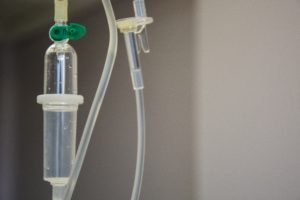 Currently in the state of Maine naturopathic doctors may only use rehydration IV's.
Currently in the state of Maine naturopathic doctors may only use rehydration IV's.
Minor Surgery
![]()
Mole removal, simple laceration repair, suturing are all types of minor surgery that naturopathic doctors have been trained to perform. Based on the client population and their interest and ability, naturopathic doctors are able to perform these services.
Acupuncture
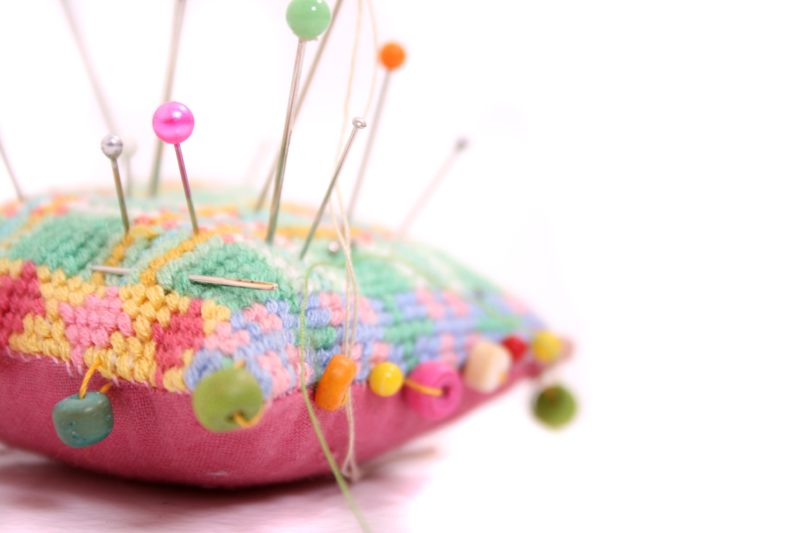
Acupuncture is a wonderful complimentary therapy to any naturopathic treatment. Several of the schools require acupuncture in the basic curriculum, or if that is not the case, student occasionally double major in naturopathic medicine and acupuncture. Occasionally naturopathic doctors will send their patients out to a trusted acupuncturist as part of their treatment plan.
Prescription Medication
![]()
Each state dictates the scope of a naturopathic doctor's practice. In Maine a naturopathic doctor has a limited formulary. We are able to prescribe antibiotics, antimicrobials, hormones (except testosterone), contraceptives, insulin, vitamins, minerals, botanicals.
Naturopathic Obstetrics

Some naturopathic doctors are called to practice obstetrics. While all naturopathic doctors are versed in pregnancy and postpartum, not all have had training in active childbirth. Many who practice obstetrics also be certified professional midwives (CPM) or may even be nurse midwives. Regardless of their ability to deliver a child, your naturopathic doctor will be able to help you navigate appropriate supplements, botanical medicines, and prescriptions throughout pregnancy and nursing.
